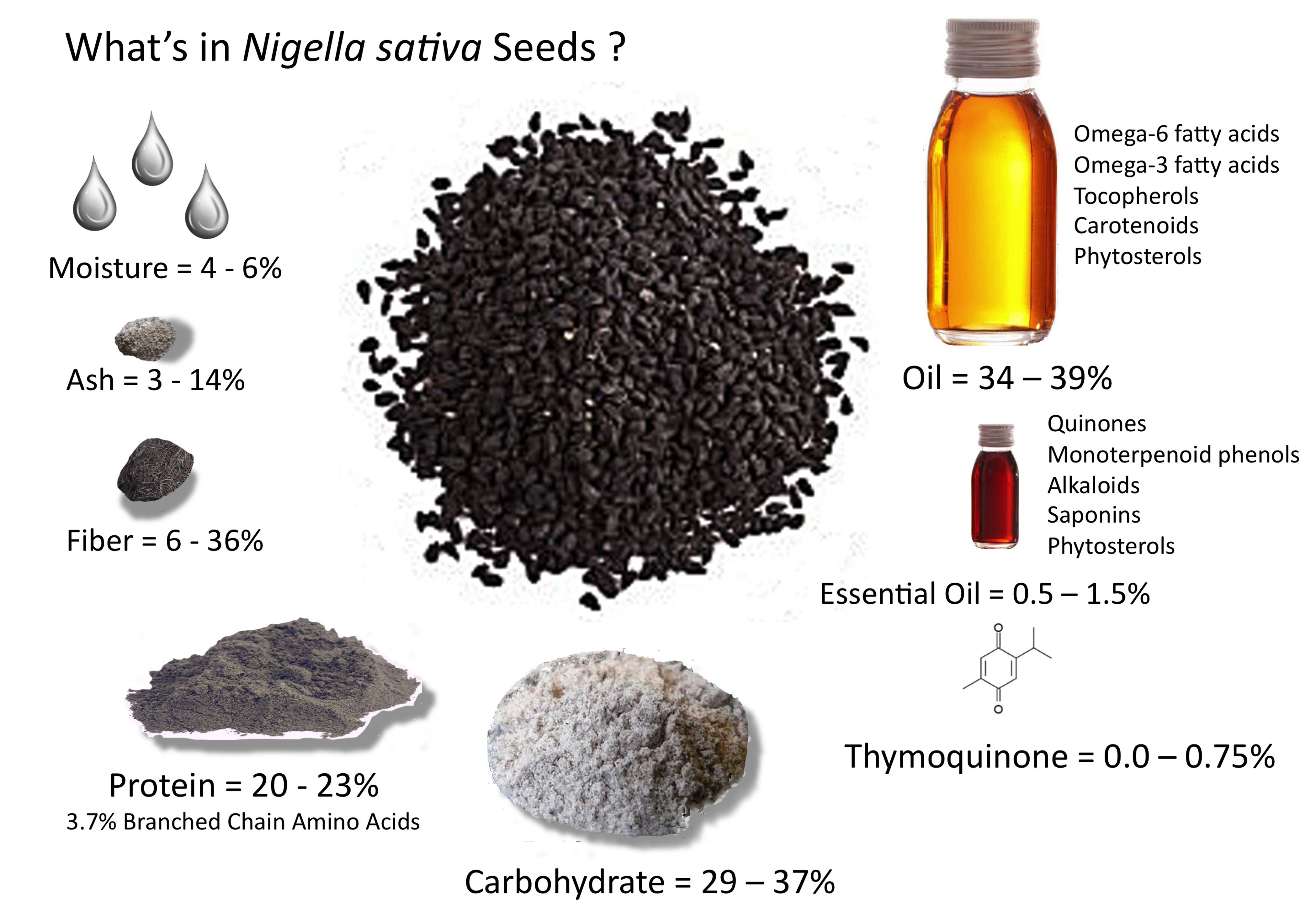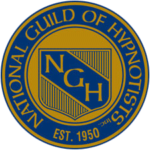
Nigella Sativa is an annual flowering plant in the family Ranunculaceae. It is native to south and southwest Asia and it grows to about 20-30 cm (or 7.9-11.8 in) tall.
Because of these black seeds, the plant can be called different names. It is known as black cumin, haba al baraksh and kalonji (from Hindi).
Haba al baraksh is arabic for the seed of blessings!
This ancient plant is was known in Chinese Medicine, in ancient Egypt (almost 3,300 years ago). These seeds are used as a spice in India and the Middle East. They have a bitter taste and smell and taste like a combination of onions, black pepper, and oregano.
Nigella Sativa is also used in medicine, by using the seed oil extract, volatile oil. and isolated constituent thymoquinone. This small but powerful seed has been proven to serve a great deal in the treatment of Asthma, Epilepsy, Type 2 Diabetes, cancer and more.
The Benefits of using Nigella Sativa
There are many benefits of using Nigella Sativa. Besides using it for cooking, the most popular reasons are medicinal. The seeds’ healing properties are what make Nigella Sativa so favorable. According to NaturalSociety.com, the Nigella Sativa black seeds have been researched for some specific health conditions. Some of these include:
- Type 2 Diabetes: Research shows that a dose of 2 grams per day of Nigella sativa might be a beneficial adjuvant to oral hypoglycemic agents in type 2 diabetic patients. The study resulted in reduced fasting glucose, decreased insulin resistance and increased beta-cell function.
- Epilepsy: A 2007 study with 20 epileptic children (10 boys and 10 girls aged 13 months to 13 years old) found that a water extract from Nigella Sativa black seeds significantly reduced seizure activity.
- High Blood pressure: The daily use of 100 and 200 mg of black seed extract, twice daily, for 2 months resulted in being helpful in lowering blood pressure in patients with mild hypertension. However, many testimonies have shown hypertension was reduced in one week in many cases.
- Asthma: Studies show that boiled water extracts of the Nigella Sativa seed has a relatively potent anti-asthmatic effect on asthmatic airways.
- MRSA: Black seed has anti-bacterial activity against clinical isolates of methicillin-resistant Staphylococcus aureus.
- Breast Cancer – Studies have linked a thymoquinone extract from nigella sativa to reduced breast cancer tumor growthand increased apoptosis (cell death) in breast cancer cells.
- Brain Cancer – A study published in the online journal PLoS One indicates thymoquinone from black seed can induce cell death in glioblastoma cells. Glioblastoma is one of the most aggressive brain tumors of all.
- Leukemia – As it’s been shown to do with other types of cancer, black seed compound thymoquinone has also been shown to induce apoptosis in leukemia cells.







